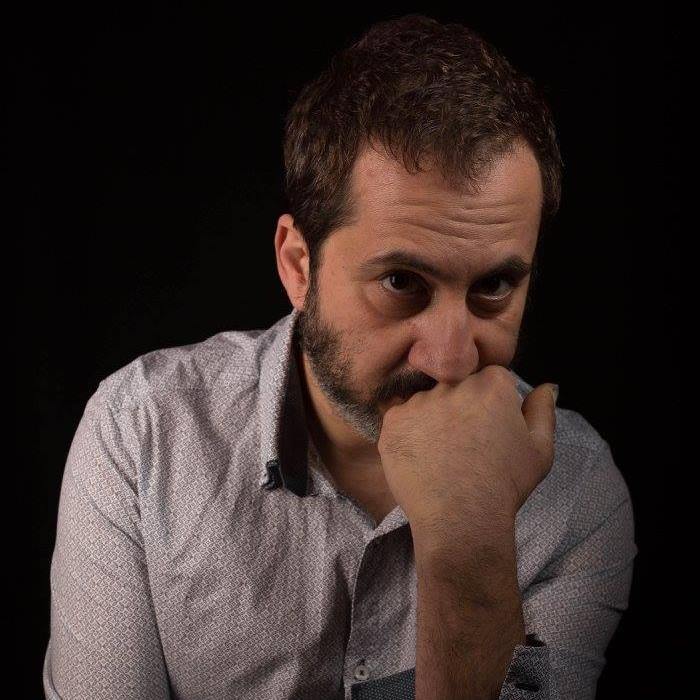Rock musician Hakan Tuna has returned with his third release, Esenkent Dansı, from his 2021 project ‘12 songs 12 stories’. Wholly instrumental, the track is inspired by his experience as a Londoner living in Istanbul.
Hakan was born and raised in the British capital, growing up in a “typical London Victorian era house”, so the apartment culture of Turkey was completely foreign to him.
Describing London as the “lonely city” in his press notes about the story behind Esenkent Dansı, the singer-songwriter remarks how people tend to keep to themselves, whilst believing that they are living in “the greatest city in the world”.
From an early age, Hakan noticed from his privileged position that there was poverty in Britain; while after school he went home to cooked meals, a friend would go home to abuse and a can of soup as dinner.
Living in a home where freshly made daily meals were the norm, Hakan didn’t even know soup came in a can until he went to a friend’s house after school, when he was aged around 9-10.
He did not know prejudice existed until around the same age, when he was asked by someone why a black girl friend visited him at home after school.

Hakan compares and contrasts these living experiences with Istanbul. He had visited Turkey’s largest city numerous times before, but ended up getting a better feel for mega metropolis when he rented an apartment in Esenkent, on the outskirts of Istanbul, for three months in 2001.
The concept that Turkish people would come and visit you whenever they liked was completely foreign to Hakan. He was looked at weirdly when he would say, “sorry, I’m busy”, including a friend who showed up at his door early one morning.
“I was a product of a city that would say it was rude to turn up unannounced, while my friend was a product of a city that would deem it rude to turn away a guest even if it was at 7am in the morning, I had trouble understanding this,” wrote Hakan.
The friend did not talk to him for a good few weeks because Hakan refused to let him in, instead telling him “I needed to sleep some more, come back another time.”
In his defence, Hakan asks, “who comes around at 7am?”! Clearly someone who doesn’t hang out with musicians, else they’d know “musicians don’t wake up till late afternoon”!
Struggling culturally to adapt to the overly-friendly nature of Istanbul, Hakan decided to move back home:
“I was not having a good time with this and was happy when I went back to London after 3 months, back to my solitude.”
A few years after the release of his critically acclaimed debut album Karanlıkta Güneş (2003), Hakan decided to relocate to Istanbul permanently. This time he became fully immersed with Turkish family living, having married a girl from Istanbul.
Hakan slowly became accustomed to the Turkish lifestyle, not only accepting but enjoying the unexpected visits of friends and family, missing them when they did not randomly show up every few days. He was also fascinated by meeting what he initially thought were “exaggerated” television characters in real life.
He recalls this 2-3 year experience of Istanbul vividly: “A steady flow of great characters, life, and food, and Turkish tea (which I still do not drink) and laughter and living, unimaginable in London, and me as a Londoner not only enjoying but revelling in it.”
Esenkent Dansı encapsulates this period for Hakan, when family and friends would regularly visit him and his wife:
“Sometimes music would be played, dancing would take place, and to my embarrassment they would play and dance to one of my songs, always the same song (Karanlıklar İçinde). I can’t dance well, so I mostly made awkward gestures instead.”
Esenkent Dansı, written while Hakan was living in Istanbul in the mid noughties, is a funky up-tempo electronic Anatolian pop tune that tempts you onto the dance floor with its catchy synth melodies and smooth guitar riffs.
Stream via YouTube or digitally download the track for just £1 on Bandcamp.





